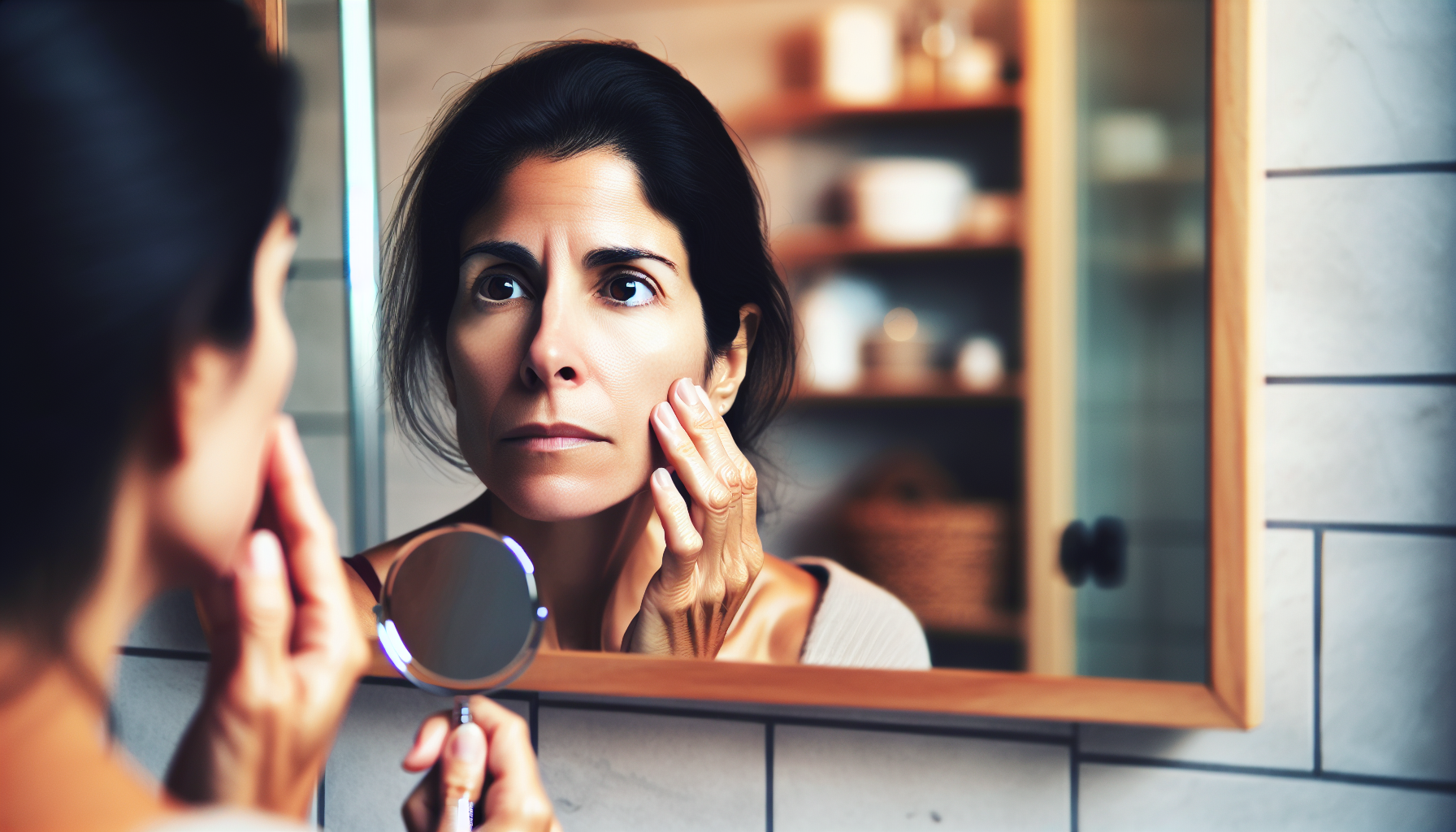Skin health is a reflection of our overall well-being and can be a window into the state of our body’s internal functions. From protecting against environmental hazards to regulating body temperature, the skin has numerous critical roles. However, certain habits can compromise its health and vitality. In this comprehensive guide, we will explore common habits that can harm your skin and provide strategies for avoiding these pitfalls.
Excessive Sun Exposure
Prolonged sun exposure is one of the leading causes of skin damage. Ultraviolet (UV) rays can cause premature aging, sunburn, and increase the risk of skin cancer. While sensible sun exposure is vital for vitamin D synthesis, it’s important to balance it with protective measures. Use a broad-spectrum sunscreen, wear protective clothing, and seek shade during peak sun hours.
Poor Nutrition
What you eat directly impacts your skin’s health. Diets high in sugars, refined carbohydrates, and unhealthy fats can exacerbate skin conditions and lead to inflammation. To maintain skin health, focus on a balanced diet rich in antioxidants, vitamins, and minerals. Foods like berries, nuts, green leafy vegetables, and fatty fish contribute to a radiant complexion.
Dehydration
Water is essential for maintaining skin elasticity and flushing out toxins. Dehydration can lead to dry, tight, and flaky skin, which is more prone to wrinkling. Ensure you drink plenty of water throughout the day and consider using a humidifier to maintain air moisture, especially in dry climates or during winter months.
Lack of Sleep
Sleep is when your skin cells repair and regenerate. Lack of sleep can lead to a dull complexion, puffy eyes, and dark circles. Establish a regular sleep routine and aim for 7-9 hours of quality sleep each night to support your skin’s natural repair processes.
Stress
Chronic stress can wreak havoc on your skin, triggering conditions like psoriasis, eczema, and acne. It’s crucial to manage stress through techniques such as meditation, exercise, and proper time management. Additionally, consider exploring resources on stress and skin health to learn more about this relationship.
Inadequate Skin Care
Using the wrong skin care products or neglecting your skin care routine can lead to problems. It’s important to understand your skin type and the products that suit it best. For those with sensitive skin, for instance, choosing the right sunscreen is crucial to avoid irritation. Ensure you cleanse, moisturize, and protect your skin daily.
Tobacco and Alcohol Use
Smoking and excessive alcohol consumption can accelerate the aging process and diminish skin quality. These habits reduce blood flow and nutrient delivery to the skin, leading to a sallow, aged appearance. Abstaining from tobacco and moderating alcohol intake can significantly improve skin health.
Neglecting Professional Skin Care Advice
While home remedies and over-the-counter products are useful, they can’t replace professional advice. Dermatologists can provide tailored recommendations and treatments for your unique skin concerns. Regular check-ups can lead to early detection and management of skin issues, as well as advice on long-term skin care.
Environmental Pollutants
Pollutants and toxins in the environment can penetrate the skin and lead to oxidative stress, which damages cells and accelerates aging. To combat this, use antioxidants in your skin care routine and consider a detoxifying mud mask to draw out impurities.
Physical Irritants
Physical irritants, such as rough fabrics or frequent touching of the face, can cause micro-tears and transfer bacteria to the skin. Choose soft, natural fabrics for clothing and bedding, and be mindful of not touching your face unnecessarily.
Over-Exfoliation
Exfoliation is essential for removing dead skin cells, but overdoing it can strip the skin of its natural oils, leading to irritation and sensitivity. Stick to exfoliating once or twice a week, and opt for gentle exfoliants that match your skin type.
Poor Hygiene Practices
Not removing makeup before bed or infrequent washing of makeup brushes can lead to clogged pores and breakouts. Maintain good hygiene practices to keep your skin clear and healthy.
Ignoring the Body-Skin Connection
Your skin is connected to the rest of your body, and issues like hormonal imbalances or gut health can manifest through skin conditions. Pay attention to signals your skin might be sending about overall health, and don’t hesitate to seek medical advice if you notice persistent skin issues.
Skimping on Essential Nutrients
Certain vitamins and minerals, like vitamins A, C, E, and zinc, play a crucial role in skin repair and protection. Ensure your diet includes these essential nutrients, or consider supplements under the guidance of a healthcare provider.
In Conclusion
Healthy skin is not solely a matter of aesthetics; it’s a vital part of your overall health. By avoiding harmful habits and adopting skin-friendly practices, you can maintain a radiant and healthy complexion for years to come. Remember to incorporate a holistic approach, considering the impact of diet, lifestyle, and environmental factors on your skin. For more detailed guidance and support, seek the advice of a dermatologist.
For further reading on maintaining skin health, explore the benefits of hydration and oil production, and learn about age-specific skin care to keep your skin at its best at any age. Remember, your skin is a lifelong companion—treat it with care and respect.



